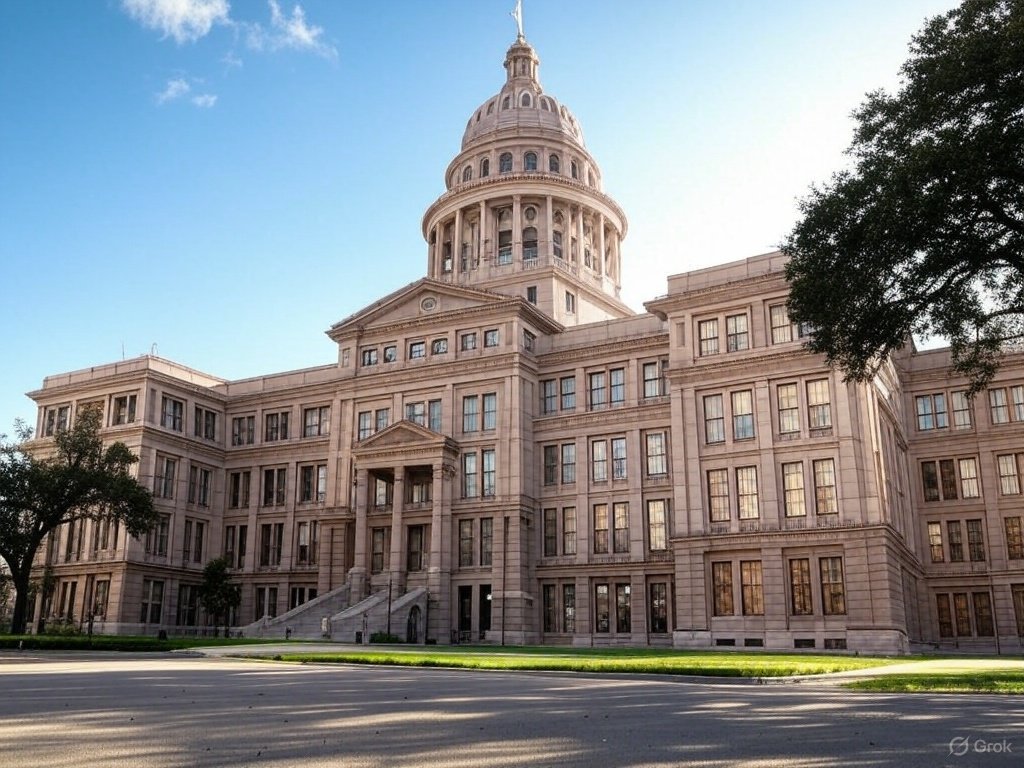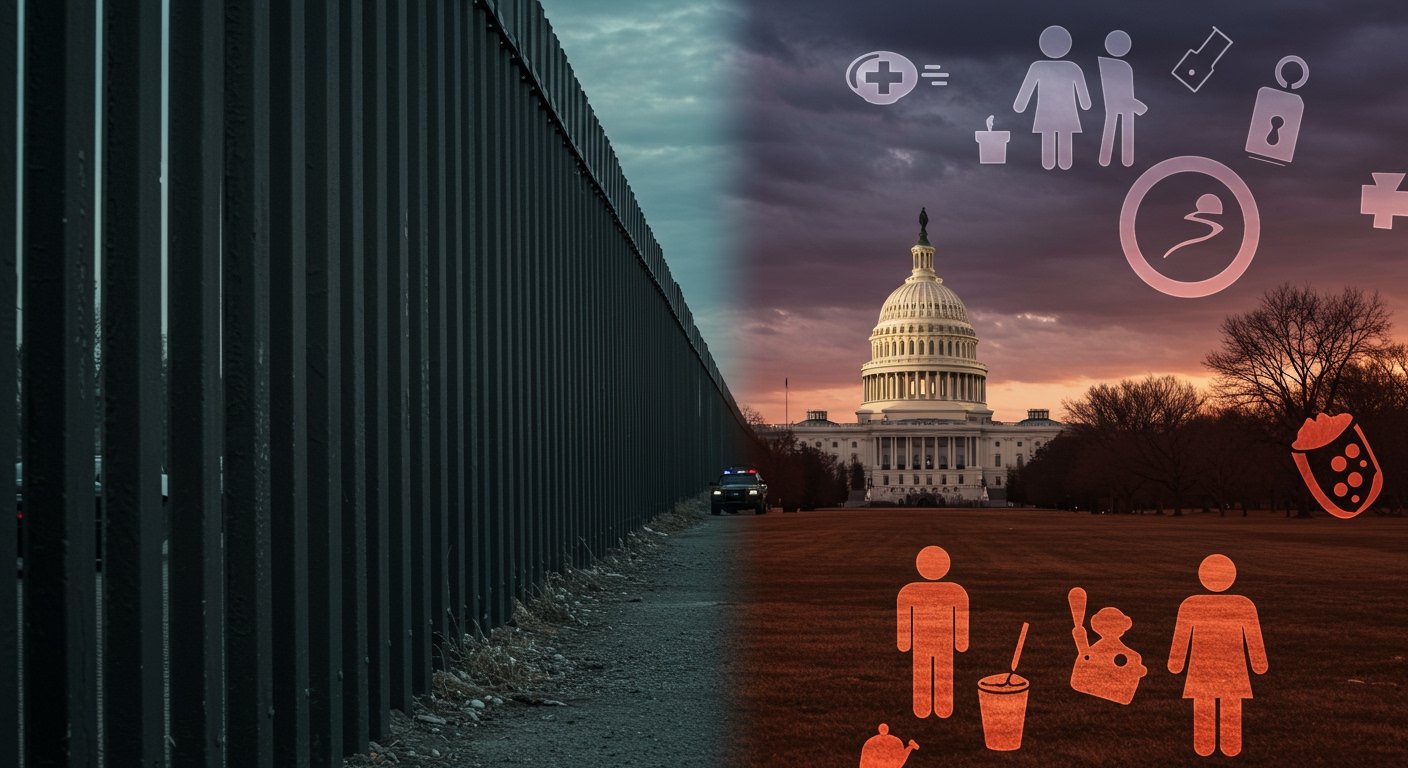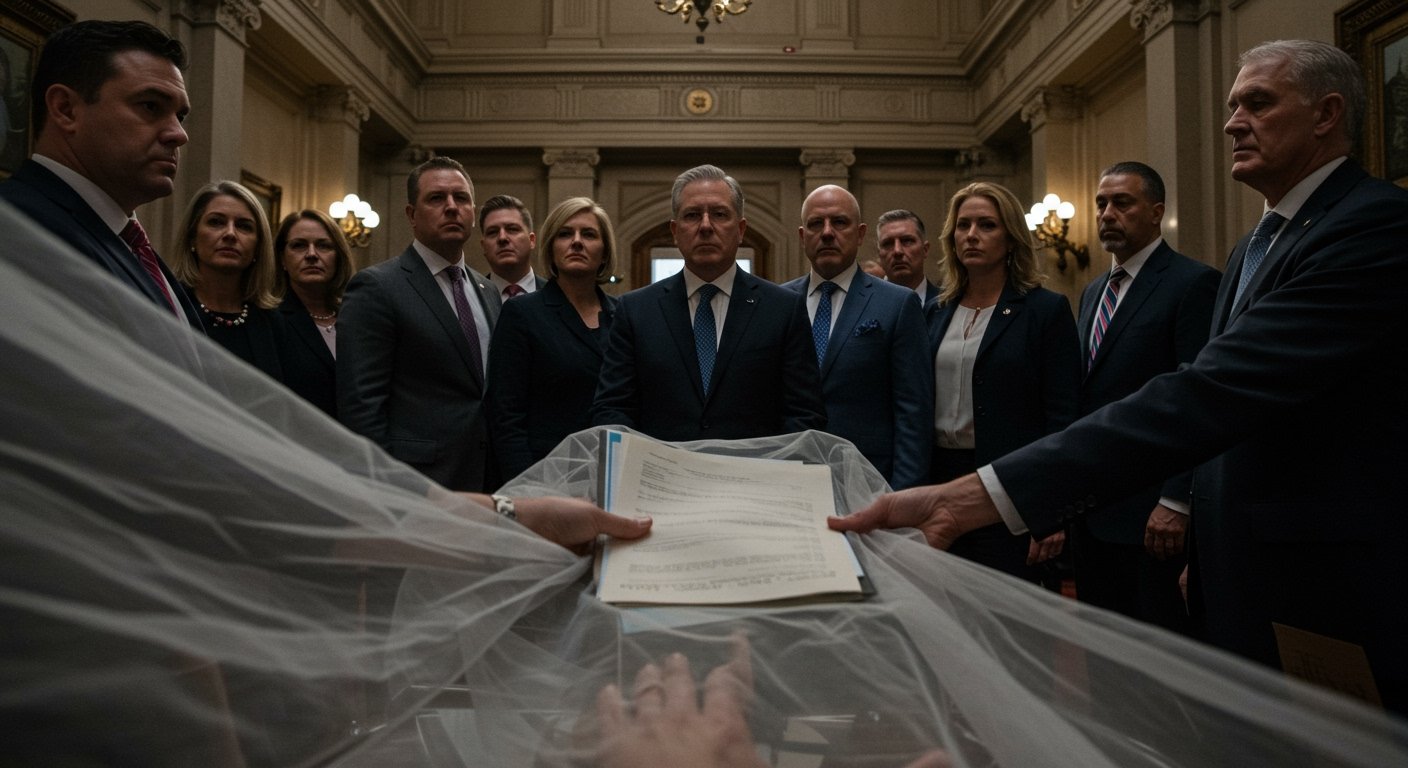Texas Senate Advances Bills to Display the Ten Commandments in Schools: A Look into Religious Influence in Education
In a significant move reflecting the growing influence of conservative Christian values in public education, a Texas Senate committee has advanced legislation that would require the display of the Ten Commandments in public school classrooms. Alongside this measure, the bill also allows schools to provide designated time for student prayer during school hours. This decision was made during a committee hearing on a Tuesday, signaling a potential shift in the educational landscape of Texas and possibly beyond.
Supporters of these bills argue that the implementation of religious principles in schools is essential for reversing what they perceive as a decline in moral standards across the nation. “Our schools are not God-free zones,” stated Senator Mayes Middleton, a Republican from Galveston and the author of the school prayer bill. He emphasized that the removal of prayer from educational institutions has contributed to societal issues. “When prayer was taken out of our schools, things started to go downhill in America,” he added, highlighting a broader narrative among conservative proponents that links faith to the moral fabric of society.
The Context of Religious Legislation in Schools
The push for religious expression in Texas schools aligns with a larger trend among conservative Christian lawmakers to incorporate faith into public life. Recent years have seen a variety of legislative efforts in Texas aimed at infusing more religious content into school curricula and practices. For example:
- Classrooms are now required to display signs stating “In God We Trust.”
- Unlicensed religious chaplains have been permitted to replace mental health counselors in public schools.
- New curriculum materials have been approved, allowing the Bible and other religious texts to be taught alongside standard educational content.
In addition to these measures, recent legislation passed by Texas senators permits the redirection of public taxpayer money to private educational institutions, including religious schools. This shift reflects an ideological movement within the Texas GOP, which increasingly asserts that America’s founding principles are rooted in Christian doctrine, and that public institutions should mirror these beliefs.
Historical Perspective: The Separation of Church and State
The argument for the incorporation of religious teachings in public schools often rests on interpretations of American history and law. Advocates of this movement frequently cite figures like David Barton, a Texas pastor and self-proclaimed “amateur historian.” Barton’s claims, however, have been criticized by trained historians for misrepresenting early American history. During the recent Senate hearing, both Barton and his son Timothy testified in favor of the bills, asserting that Christianity forms the foundation of American law and morality. Timothy Barton remarked, “It used to be there was a very clear moral standard that we could point to,” arguing that the absence of the Ten Commandments in schools is contradictory when students can be penalized for breaking laws linked to those commandments.
Supporters of the legislation believe that exposing children to Christian teachings is not merely beneficial but a moral imperative. Senator Tan Parker from Flower Mound cited a study indicating that only 25% of children regularly attend church, calling this “absolutely horrific” and a situation that needs to be addressed. The sentiment among lawmakers appears to be that revitalizing Christian teachings in schools is crucial to fostering a morally sound generation.
Legal Precedents and Their Implications
The recent advancement of these bills comes on the heels of significant U.S. Supreme Court rulings that have favored religious expression in public life. For instance, the 2019 case of Kennedy v. Bremerton School District ruled in favor of a public high school football coach who claimed his religious rights were violated when he was prohibited from leading prayers on the field after games. This ruling has been interpreted by many as a green light for increased religious expression in public schools.
Matt Krause, a former Texas state representative and current lawyer at the First Liberty Institute, which represented Coach Kennedy, testified during the hearing that the Kennedy case marked a “huge paradigm shift” in public policy regarding the inclusion of the Ten Commandments in classrooms. He expressed confidence that the Texas bills would withstand legal scrutiny if challenged, particularly in the ultraconservative Fifth Circuit Court of Appeals.
Opposition to the Bills
Despite the momentum behind these bills, they have faced substantial opposition from various groups, including religious historians and some Christian organizations. Critics argue that these legislative measures mischaracterize early American history and amount to a coercion of religion within public schools. They contend that the introduction of the Ten Commandments into classrooms could alienate non-Christian students and create an environment of divisiveness. Jaime Puente, representing the nonprofit Every Texan, stated, “Since 2021, this Legislature has used its authority to impose increasingly divisive policies onto school districts, banning culturally relevant curriculum, forcing libraries to purge undesirable books and putting teachers into the crosshairs of overzealous critics.” He labeled the bills as “two giant pieces of red meat that will further harm our schools.”
Moreover, some Christian opponents of the bills emphasize the importance of maintaining the separation of church and state, a principle historically championed by various denominations, including Baptists, who have faced intense religious persecution in the past. Jody Harrison, an ordained minister, emphasized the need for justice in promoting a diverse range of beliefs rather than favoring one interpretation of Christianity over others. “Is it really justice to promote one type of Christianity over all schoolchildren?” she questioned, highlighting the potential implications for students of diverse faiths.
The Future of Religion in Texas Education
The ongoing debate around the inclusion of the Ten Commandments and religious practices in Texas schools is emblematic of a larger national conversation regarding faith, morality, and education. As these bills move to the full Senate for consideration, they represent not just a legislative agenda but a cultural shift reflecting the desires of a significant portion of the population who advocate for a more visible presence of Christianity in public life.
With the Texas GOP increasingly aligning itself with fundamentalist Christian ideologies, the outcome of these legislative efforts could reshape not only the educational landscape in Texas but also set precedents for similar initiatives across the country.
Conclusion
The advancement of bills requiring the display of the Ten Commandments in Texas schools marks a pivotal moment in the ongoing dialogue about the role of religion in public education. As the debate unfolds, it raises critical questions about the nature of American identity, the boundaries of religious expression, and the fundamental principles of a secular education system. Whether these bills will ultimately succeed in reshaping Texas classrooms remains to be seen, but the implications of this movement are likely to resonate well beyond state lines.






